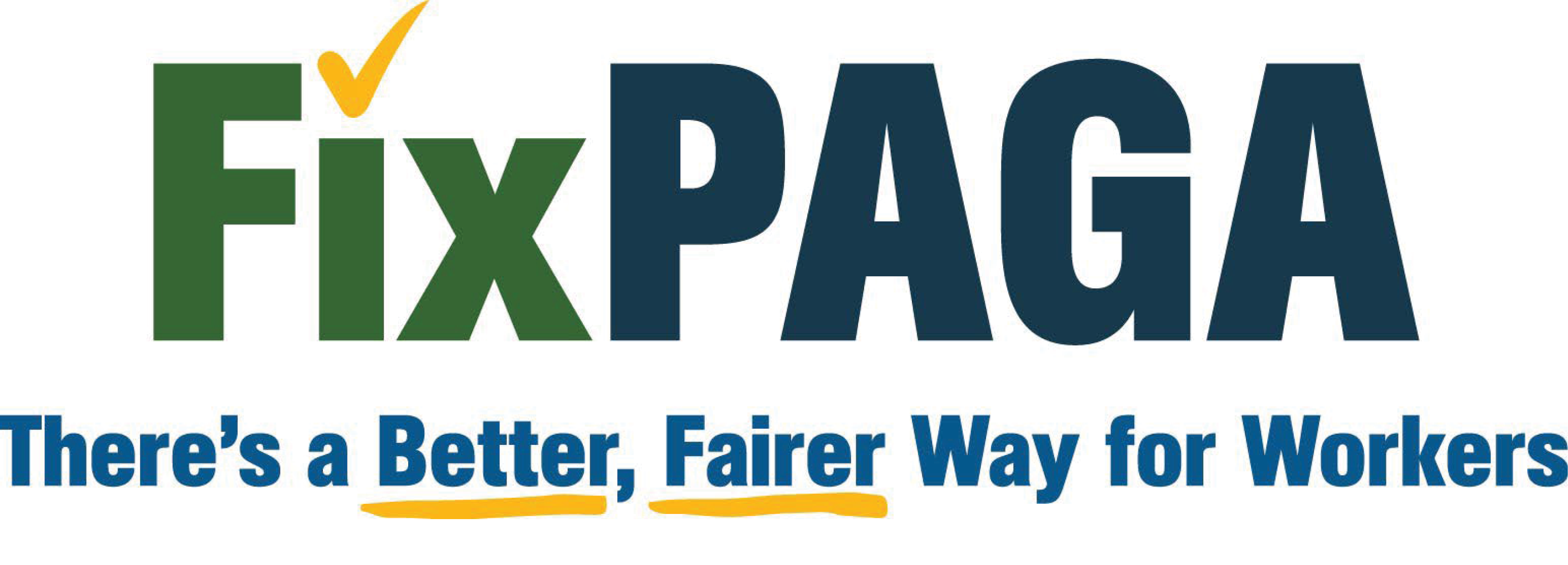
A new report by former heads of California’s labor and occupational safety agencies found that employee labor claims filed under California’s lawsuit-first Private Attorneys General Act (PAGA) take twice as long to resolve and provide workers only one-third of the compensation compared to employment claims reviewed by state regulators.
The report was prepared by former leaders of the California Labor and Workforce Development Agency (LWDA), Division of Occupational Safety and Health (Cal/OSHA) and the Department of Industrial Relations (DIR). Authors of the report are David Lanier, who served as secretary of the California Labor and Workforce Development Agency for Governor Jerry Brown; Len Welsh, chief of the Division of Occupational Safety and Health (Cal/OSHA) under Governor Arnold Schwarzenegger; and Christine Baker, director of the Department of Industrial Relations (DIR) for Governor Brown.
The report also found that non-profits, small businesses, and other employers have been forced to pay nearly $10 billion in PAGA case awards since 2013, with attorneys receiving the far bigger portion of the settlements and workers consistently receiving only minimal payments.
The report represents the most comprehensive review of available data regarding PAGA claims filed with the state and with the LWDA, the DIR and the Division of Labor Standards Enforcement (DLSE).
Report Findings
Among the report’s key findings:
• Workers receive three times more when their claims are reviewed by the state vs. cases filed with a court. PAGA court case awards average $1,264 per employee vs. DLSE wage claim awards averaging $3,613 per employee and DLSE Bureau of Enforcement awards averaging $6,438 per employee.
• PAGA cases filed with a court take nearly a year longer than claims filed with DLSE or LWDA. Workers filing claims directly with DLSE wait fewer than 10 months on average for their awards. The wait for workers averages 23 months for PAGA court case awards.
• Since 2013, employers have been forced to pay nearly $10 billion in PAGA court case awards, but because of the class-action nature of many claims and heavy lawyer commissions, workers receive only a small portion of these awards.
• DLSE offers the most effective means for workers to recover wages owed. DLSE wage claim adjudication provides the most effective and time-efficient resolution of claims by individuals. The existing PAGA fund balance could support the staffing increases and administrative changes that would be needed. Further, DLSE is no longer subject to the funding shortages cited as a justification for PAGA when it was signed into law, given the change in funding from the General Fund to workers’ compensation user funding.
In a statement, California Chamber of Commerce President and CEO Jennifer Barrera stressed that PAGA needs reform.
“Today’s PAGA system is completely broken and does not work well for employees or employers,” Barrera said. “A better system would allow employee claims to be evaluated and resolved by existing state agencies, providing faster resolution and more restitution for workers, while preventing abusive lawsuits that harm both employees and employers.”
Fix PAGA Coalition
The Fix PAGA coalition, which includes the CalChamber, community, disability and health advocates, small businesses and others, is promoting reforms that would eliminate the lawsuit-first, class action style approach that empowers lawyers at the expense of California workers and small businesses.
The coalition favors reforms that would expand existing DLSE processes to resolve employee claims faster and provide workers with more money. It is fully supportive of the already-qualified ballot measure on the November 2024 ballot, but it also is open to a legislative solution to avoid the need for a costly ballot campaign.

